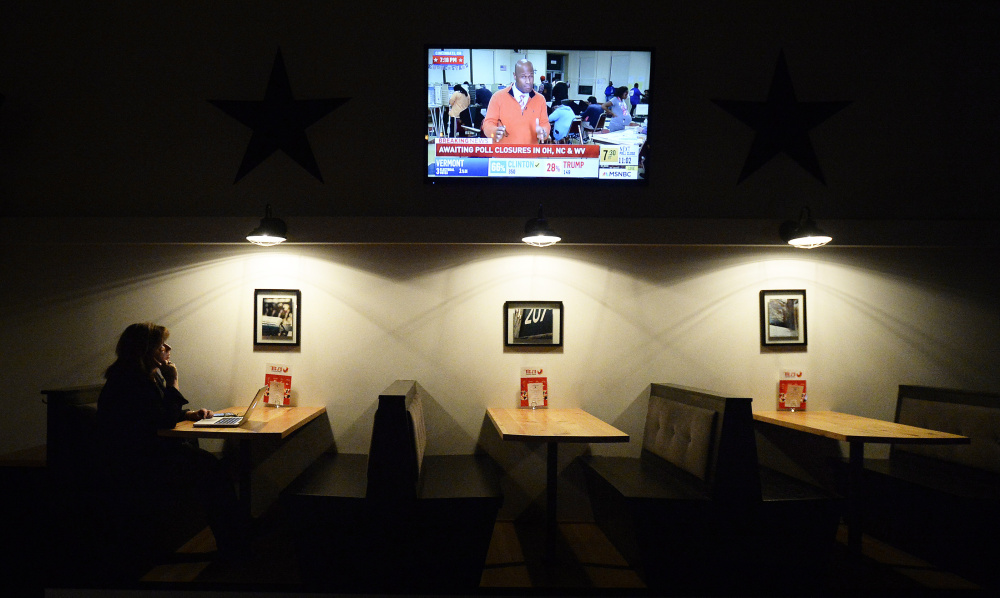A ballot measure that would raise taxes for the wealthiest Mainers to pay for education was still too close to call by midday Wednesday, but its backers were already claiming victory.
“The people of Maine have taken a giant step toward ensuring a strong future for our children – but this is a first step. It’s now up to us, the members of the coalition of supporters of Question 2, to hold our lawmakers accountable for executing the will of the people,” spokeswoman Crystal Canney said in a statement. “We’re energized by the voice of the people, and we intend to turn that energy toward Augusta to help all Maine children get the education they deserve.”
With 98 percent of precincts reporting by Wednesday night, approval and opposition for Question 2 were still close. The number of voters who approved the referendum question stood at 375,169 votes, with opponents at 368,952.
Opponents said the close vote showed the need to reform how schools are funded.
“This is hardly a mandate for a tax increase,” said Dana Connors, president of the Maine State Chamber of Commerce. “Maine’s business community remains committed to working with policymakers to find sustainable and equitable ways to better fund all Maine public schools – especially those with a higher population of economically disadvantaged students – while continuing to move Maine’s economy forward.”
Question 2 would help the state meet a decade-old voter mandate to cover 55 percent of the cost of K-12 education.
Under Question 2, a 3 percent surcharge would be added for annual household incomes over $200,000, raising an estimated $123.8 million in income tax revenue in 2017.
The revenue would go into a fund that would be used to reach the 55 percent mandate if the state’s General Fund appropriation fell short. Any money from the fund would have to be used for “direct support,” such as instructors’ salaries, not for administrative purposes.
Under Question 2, the top marginal state income tax rate in Maine would be 10.15 percent, the second-highest in the nation, after California.
Supporters say the measure would help the state comply with its school funding mandate. Critics say it would drive high earners out of the state.
Lois Kilby-Chesley, president of the Maine Education Association, lobbied for passage of both the school funding initiative and for Question 4, a measure to increase the state’s minimum wage. They work together, she said. The ballot initiative to improve school funding will help students in the classroom, and passage of the minimum wage initiative will help students at home.
“We got involved in the minimum-wage issue to be sure the parents of our students earn enough to take care of their kids,” she said.
Two polls commissioned by the Portland Press Herald/Maine Sunday Telegram showed support for the measure overall, although Republican and wealthy respondents did not support it. The most recent poll, conducted by the University of New Hampshire Survey Center from Oct. 20 to Oct. 25, showed that 57 percent of likely voters supported the measure. Among those earning more than $100,000 a year, 52 percent said they opposed Question 2, and among registered Republicans, 63 percent opposed it.
The 3 percent surcharge, which would apply only to state tax on annual household income over $200,000, would be paid almost entirely by the 7,000 households that make up the top 1 percent of earners in Maine, according to the Maine Revenue Services Office of Tax Policy.
That would affect about 16,000 households. In Maine, the top 2 percent earn $225,000 or more a year and pay 30 percent of all income taxes to the state, according to the Department of Administration and Financial Services.
Send questions/comments to the editors.




Comments are no longer available on this story